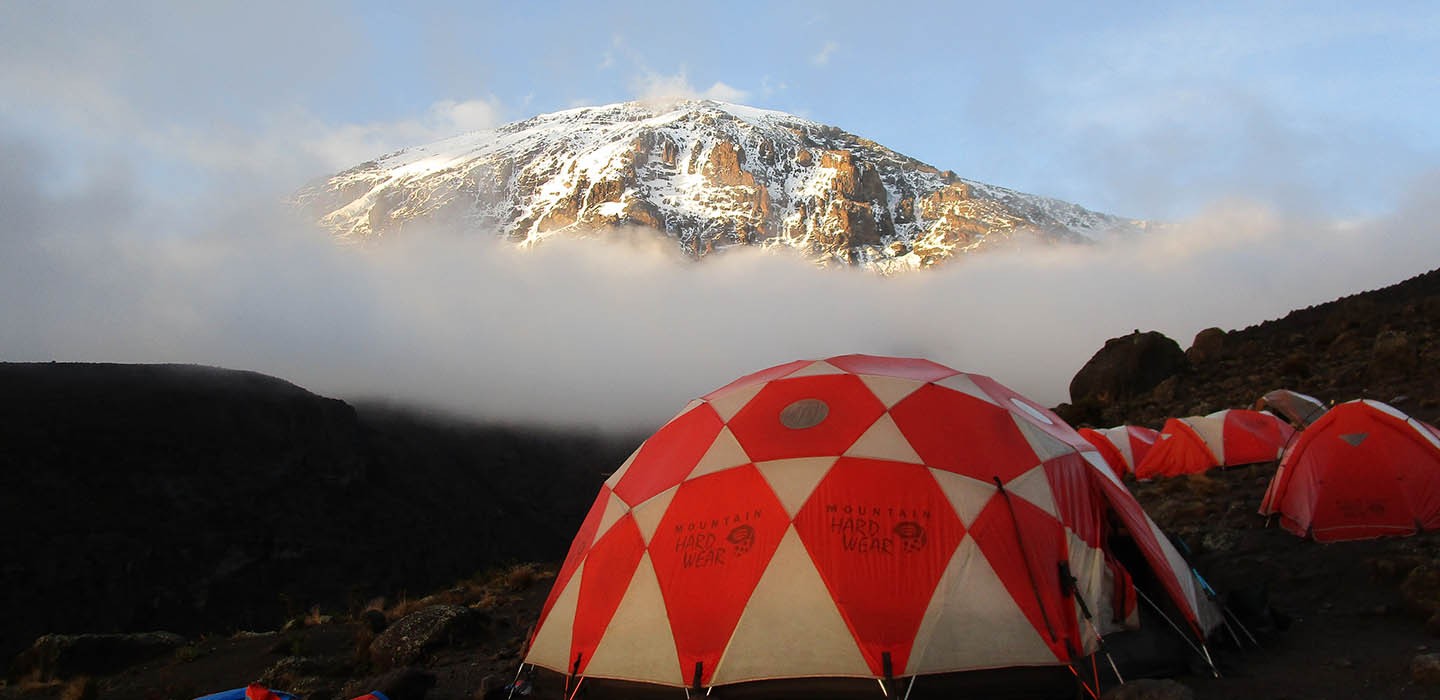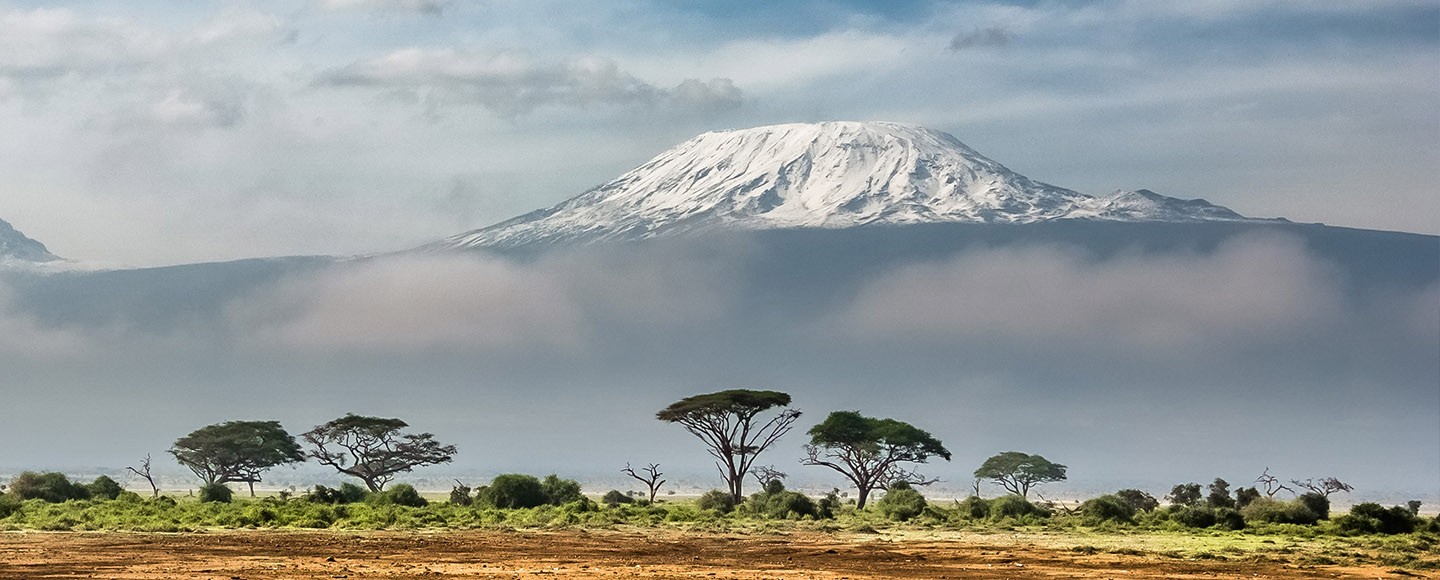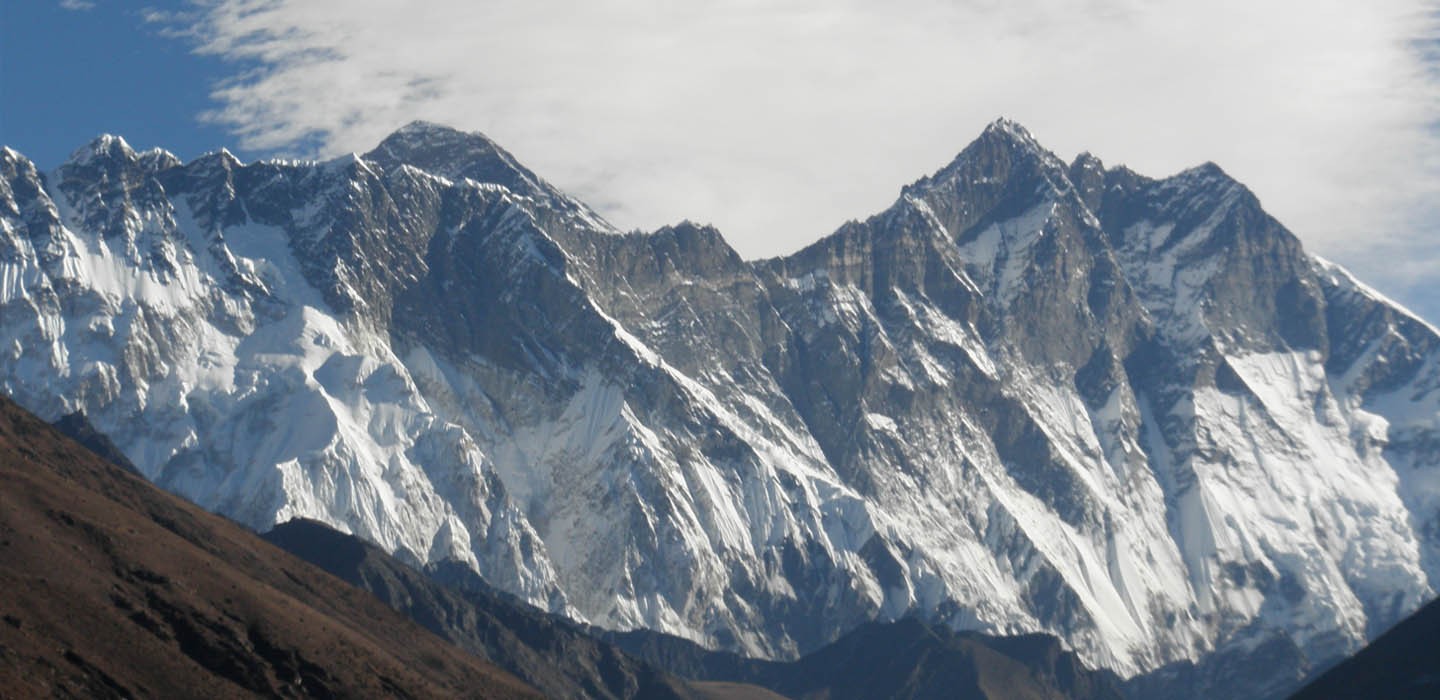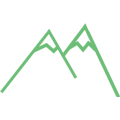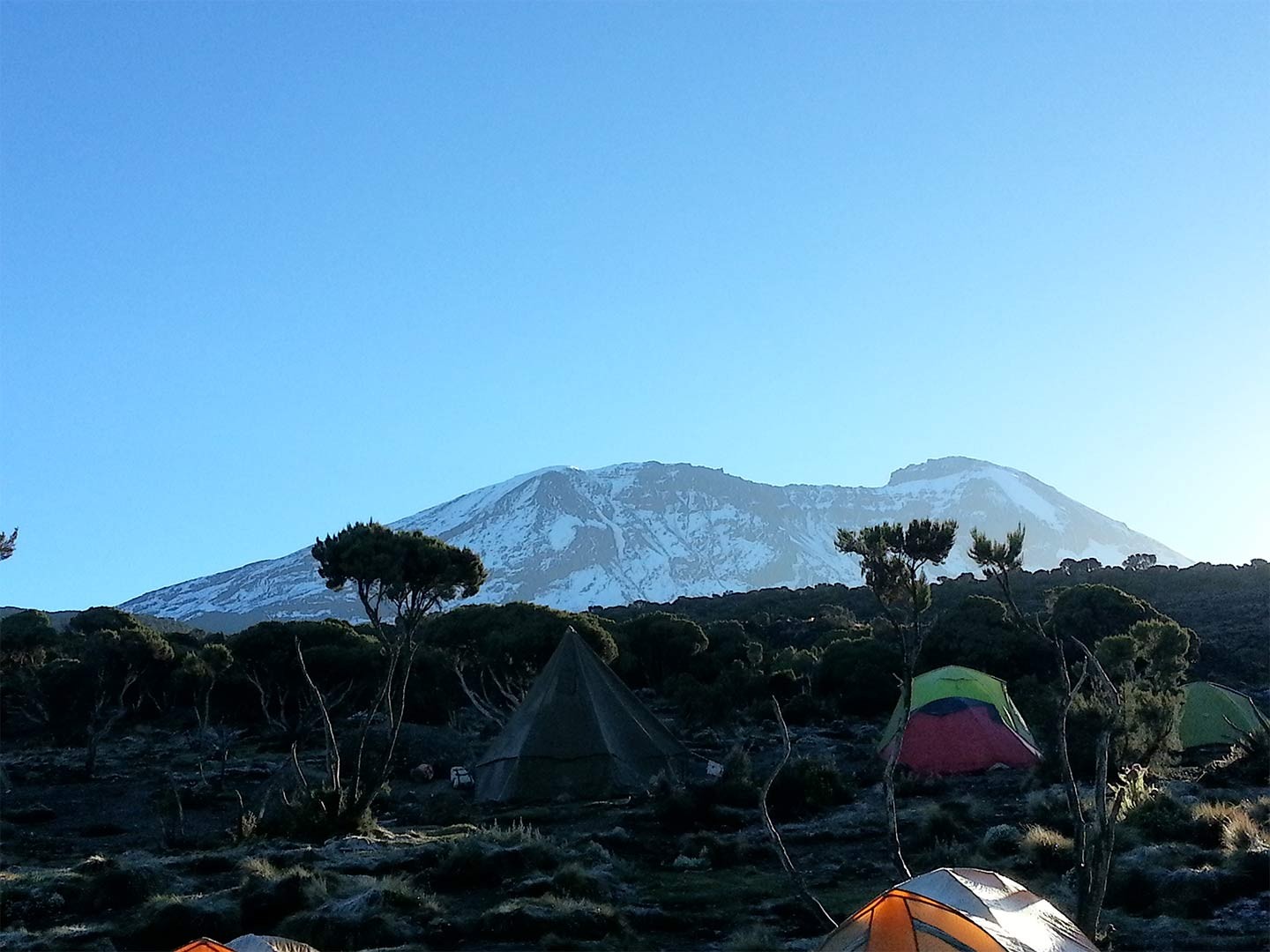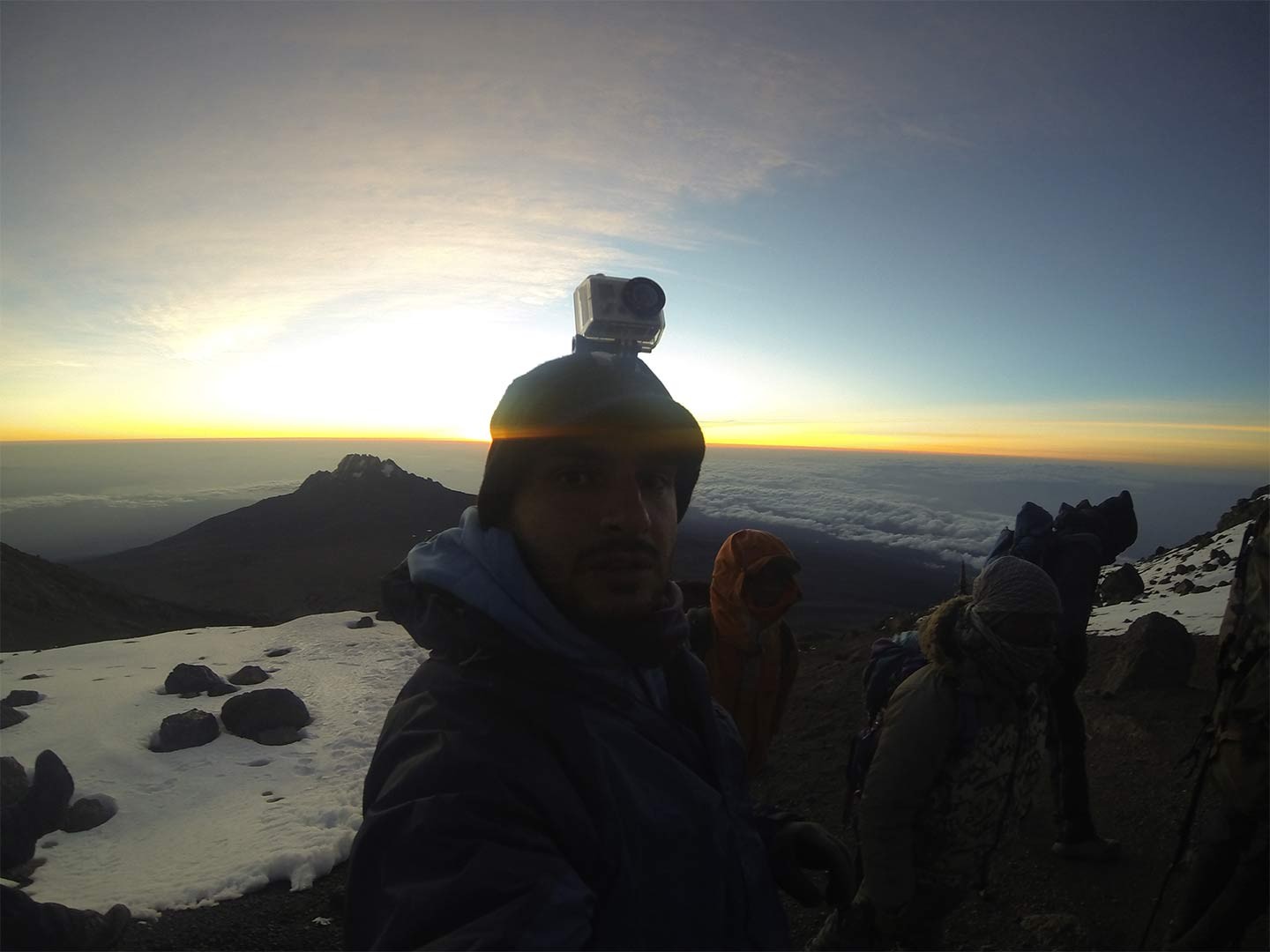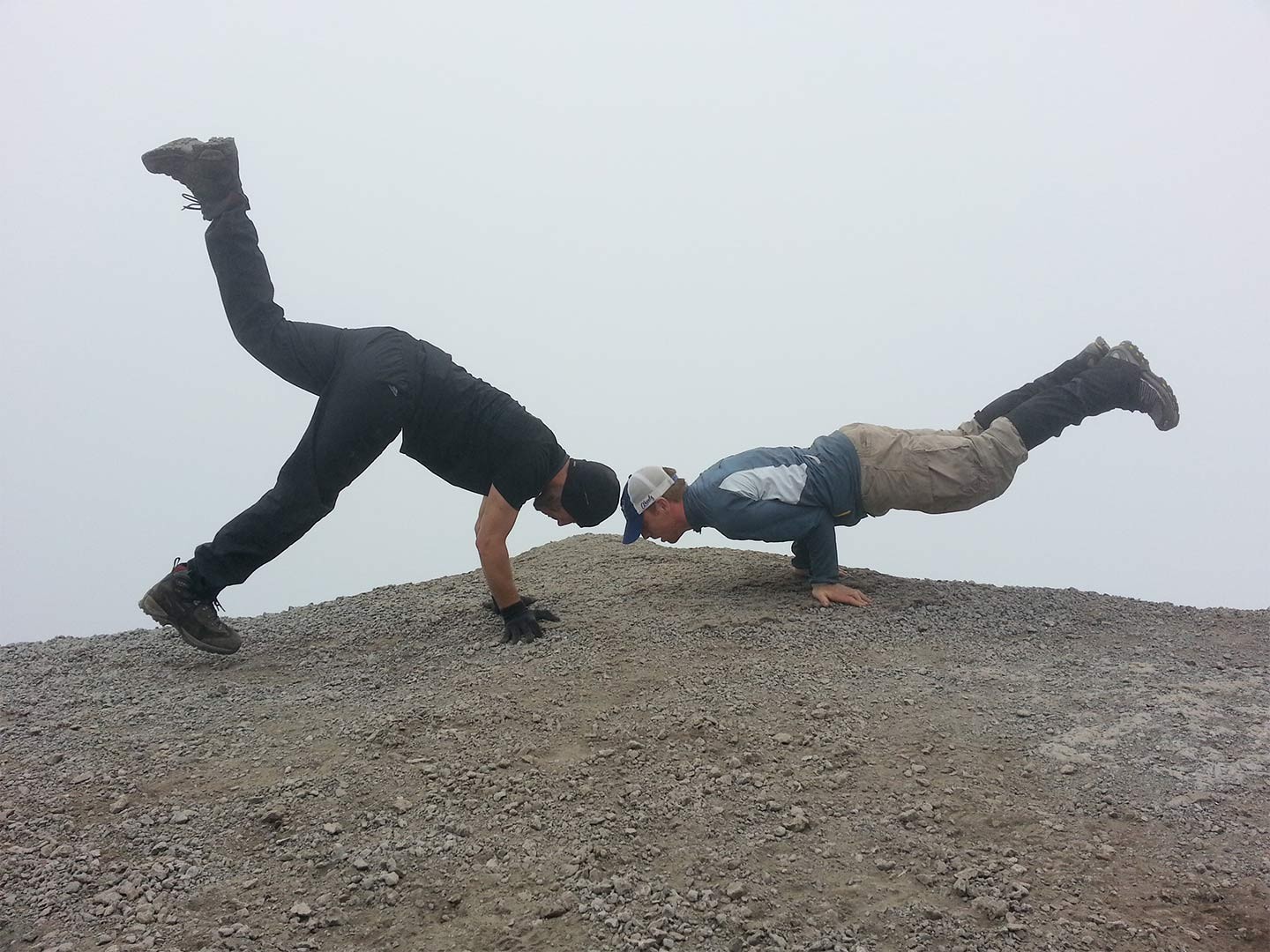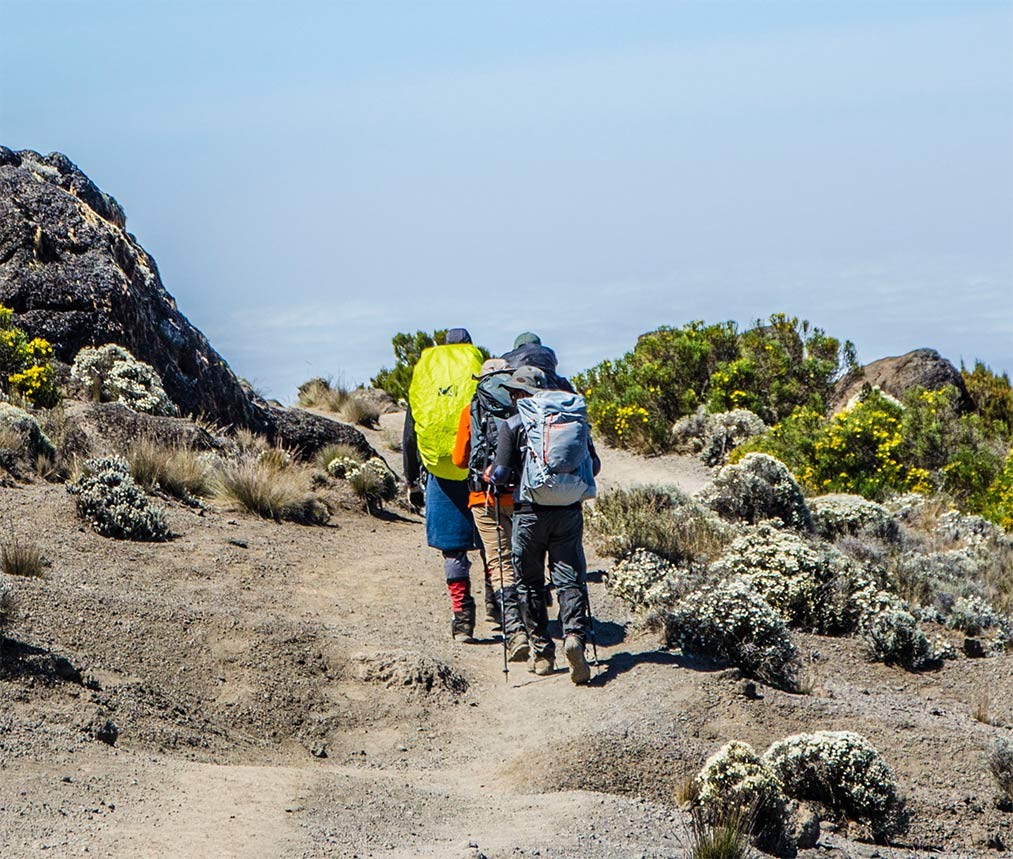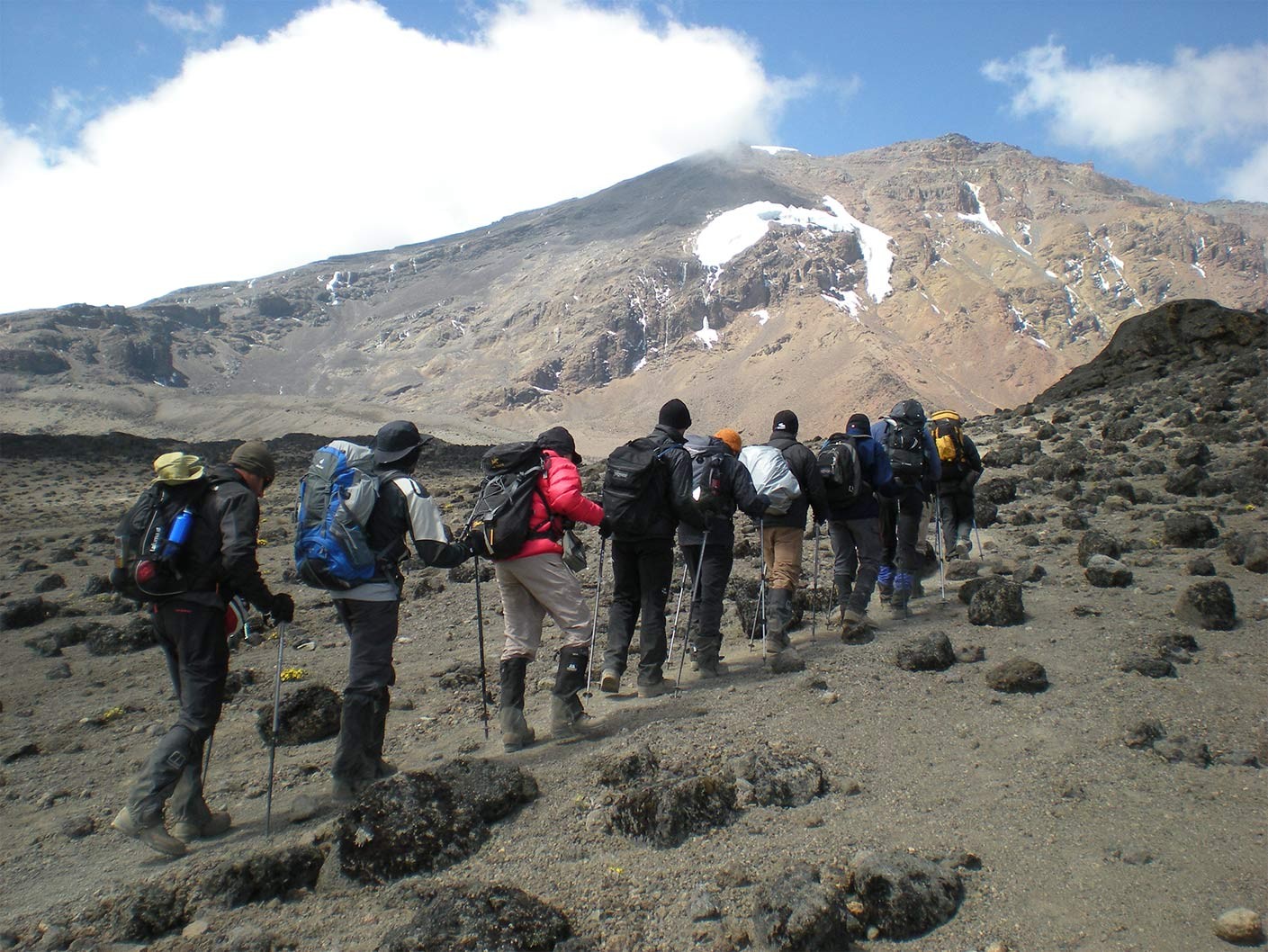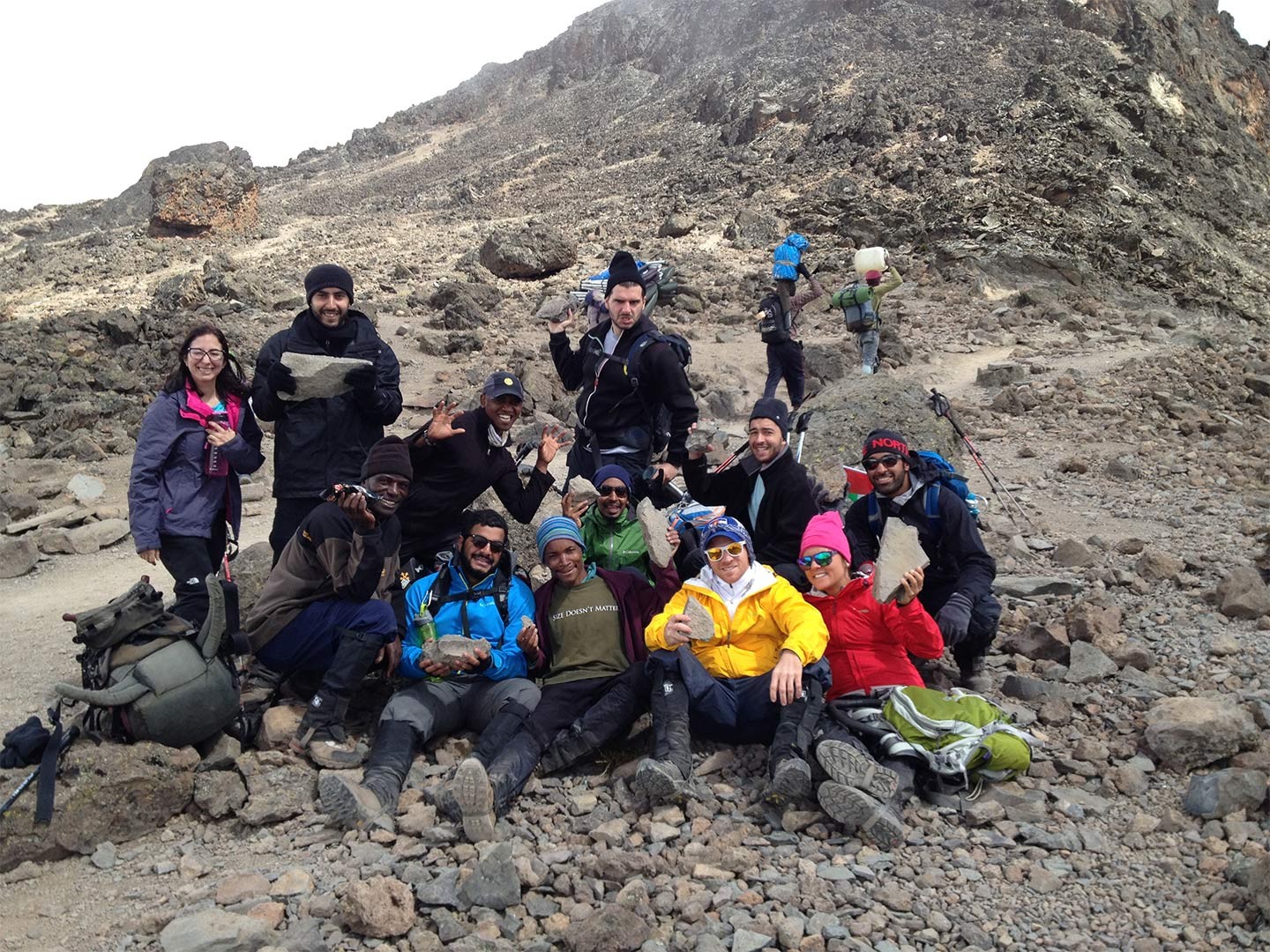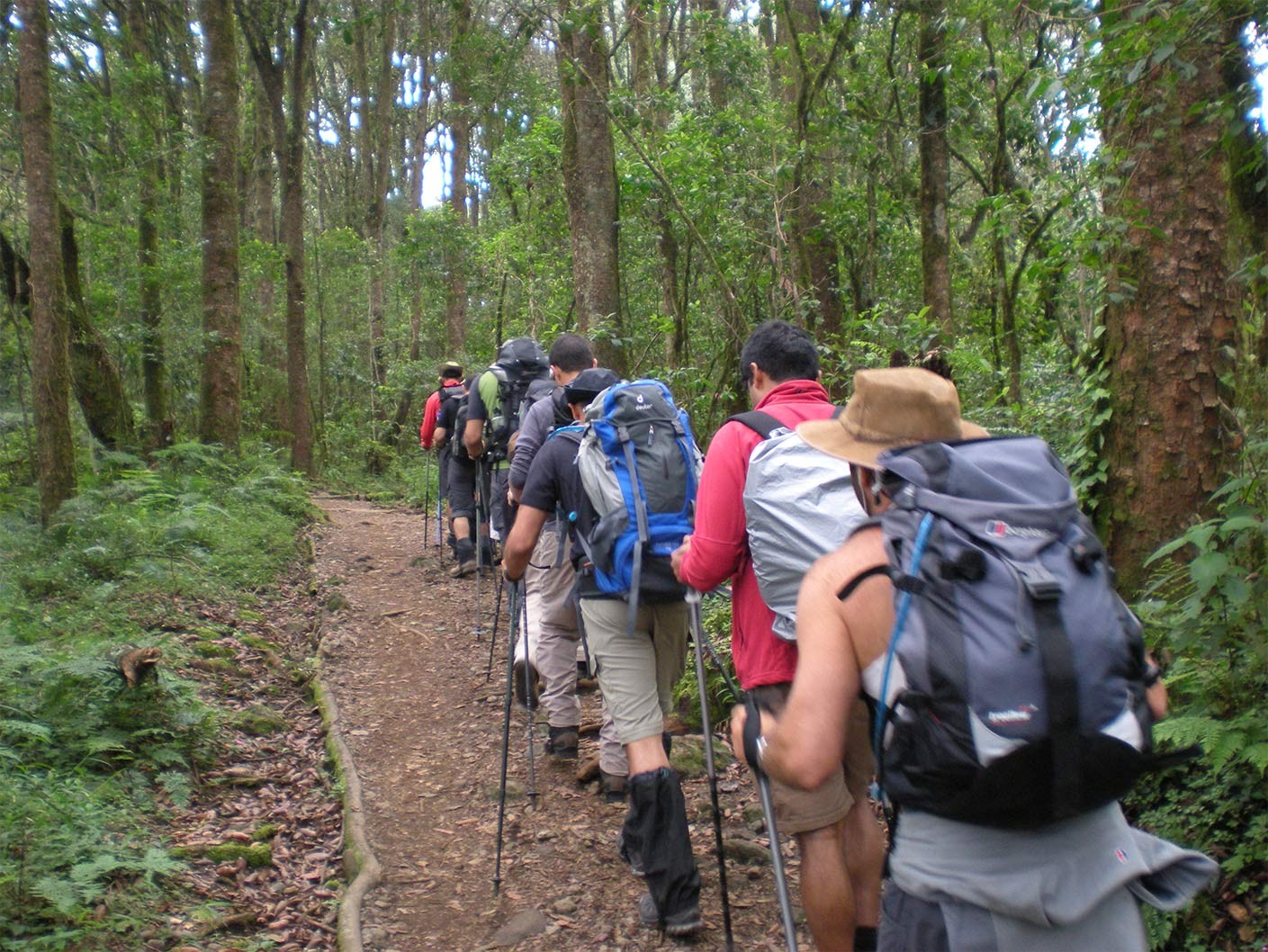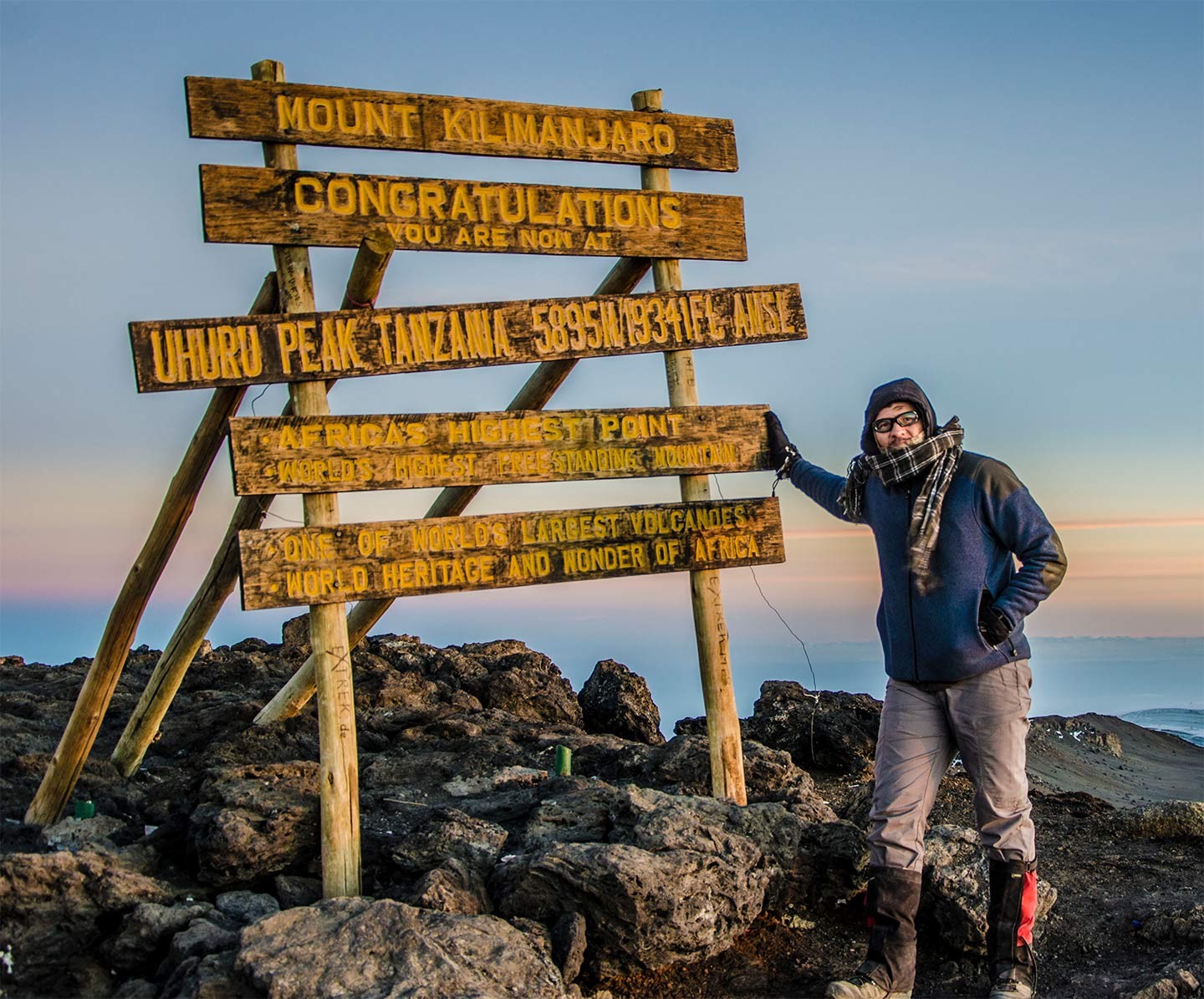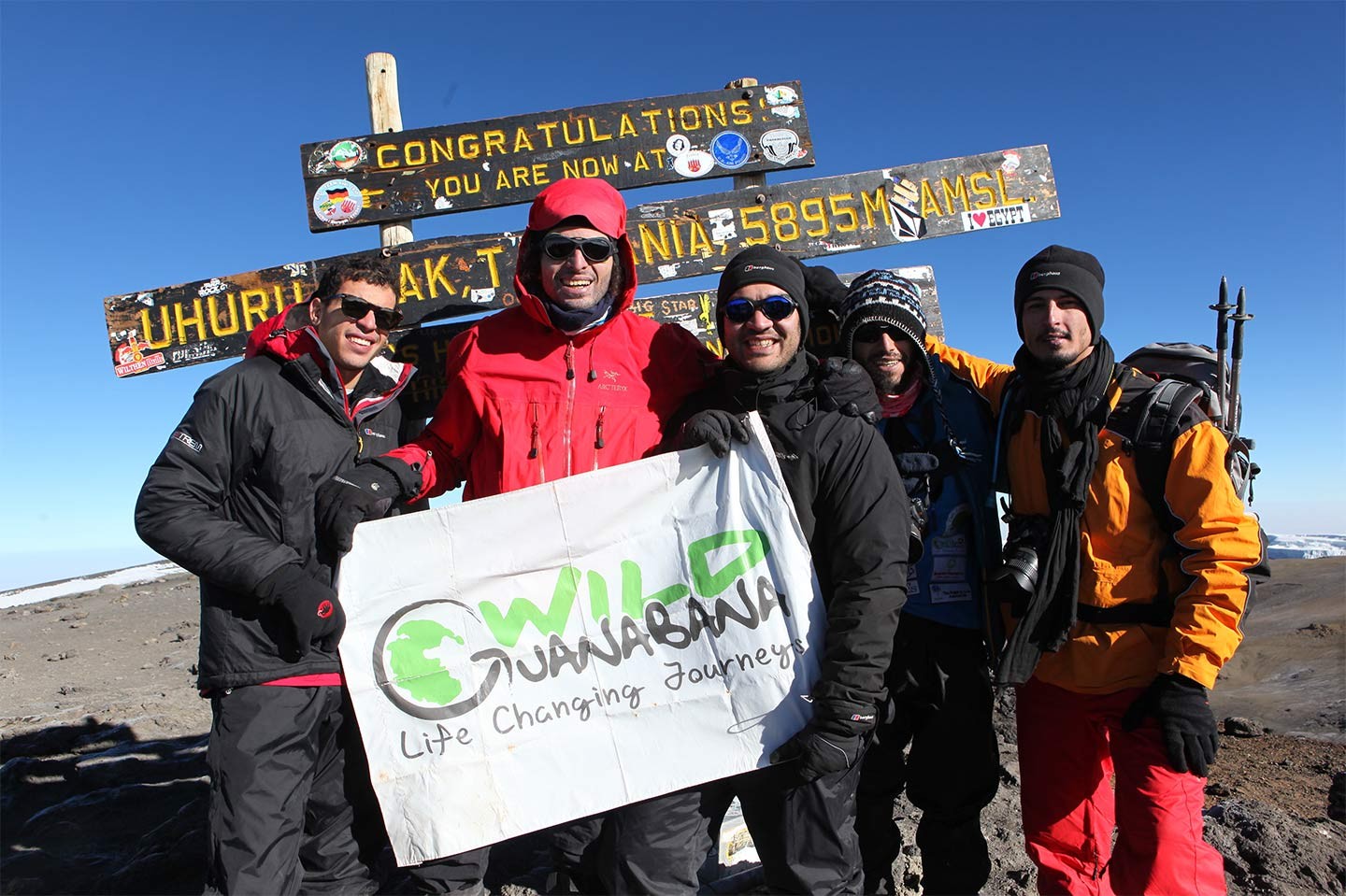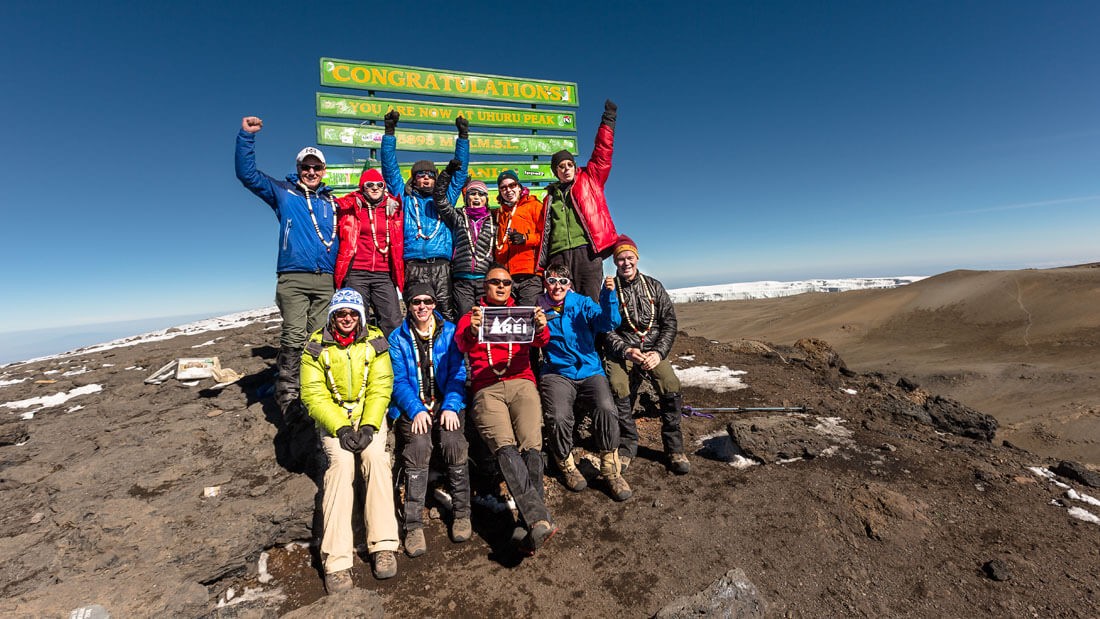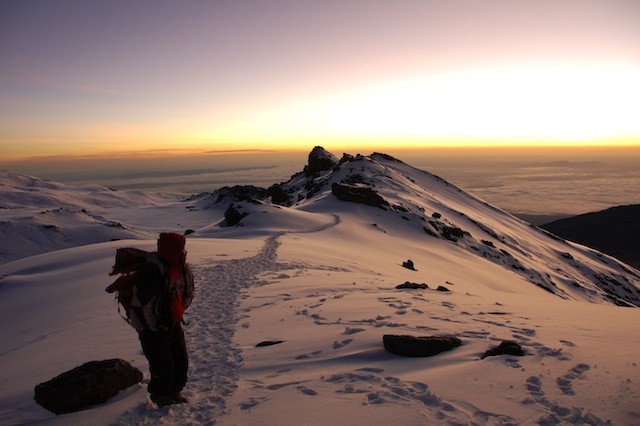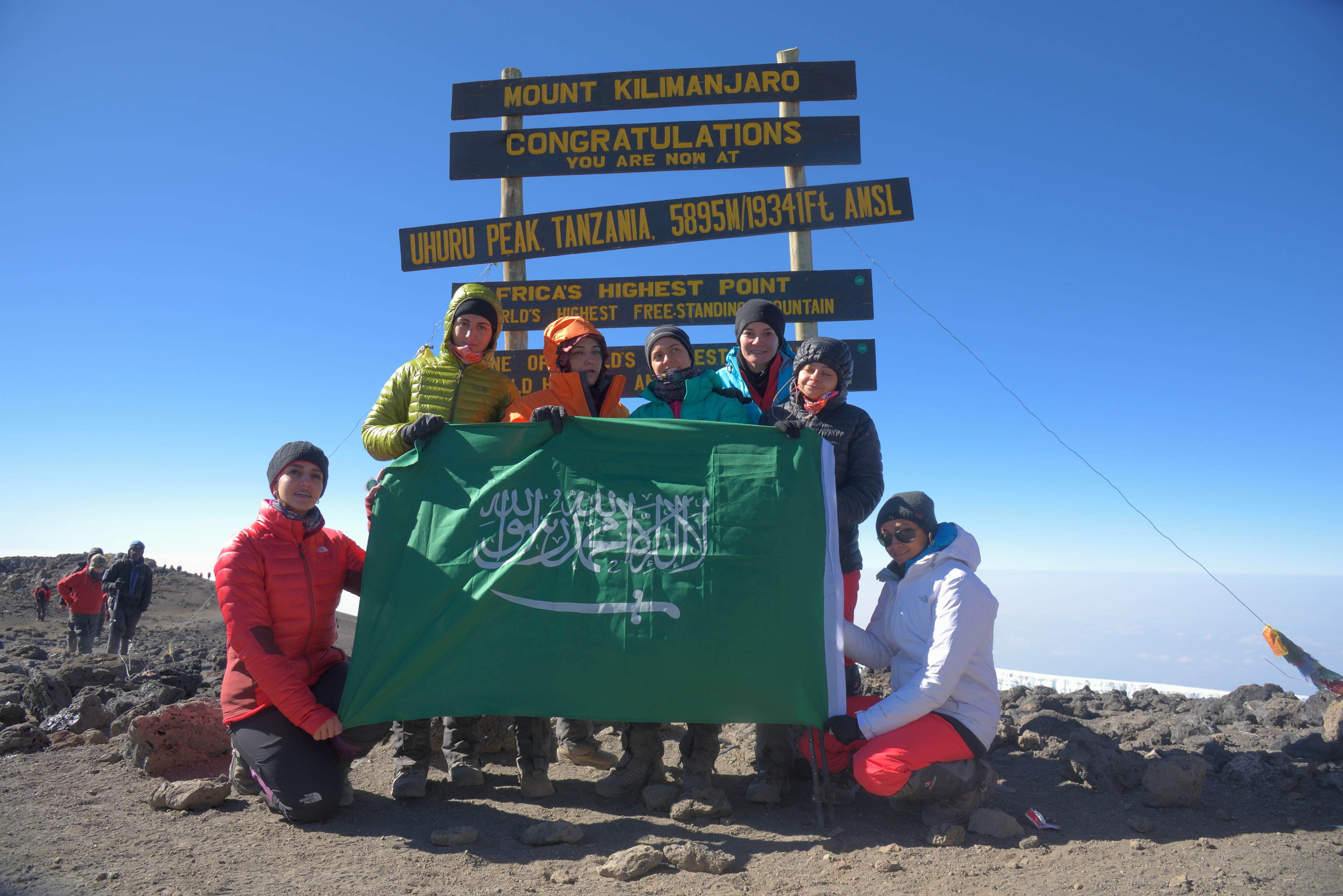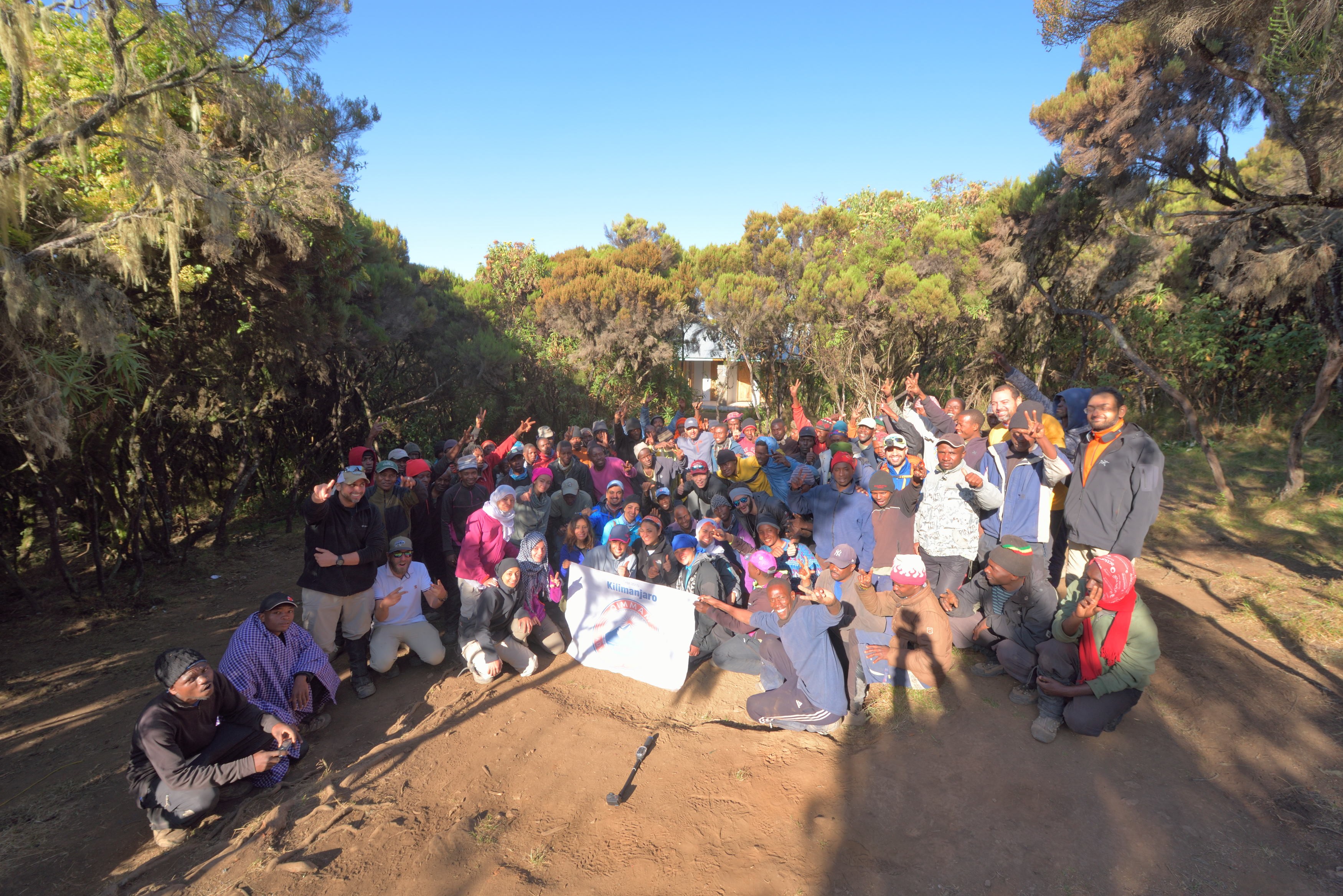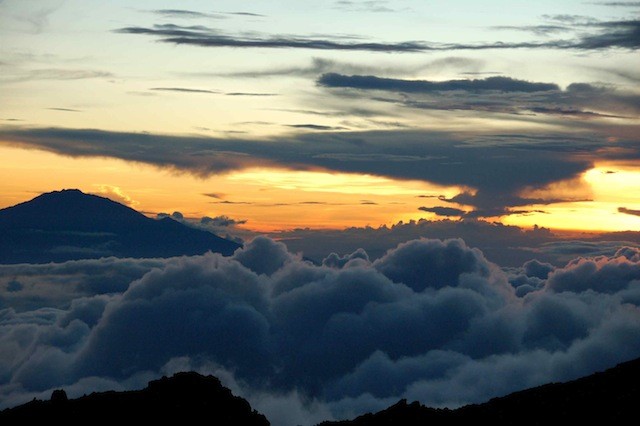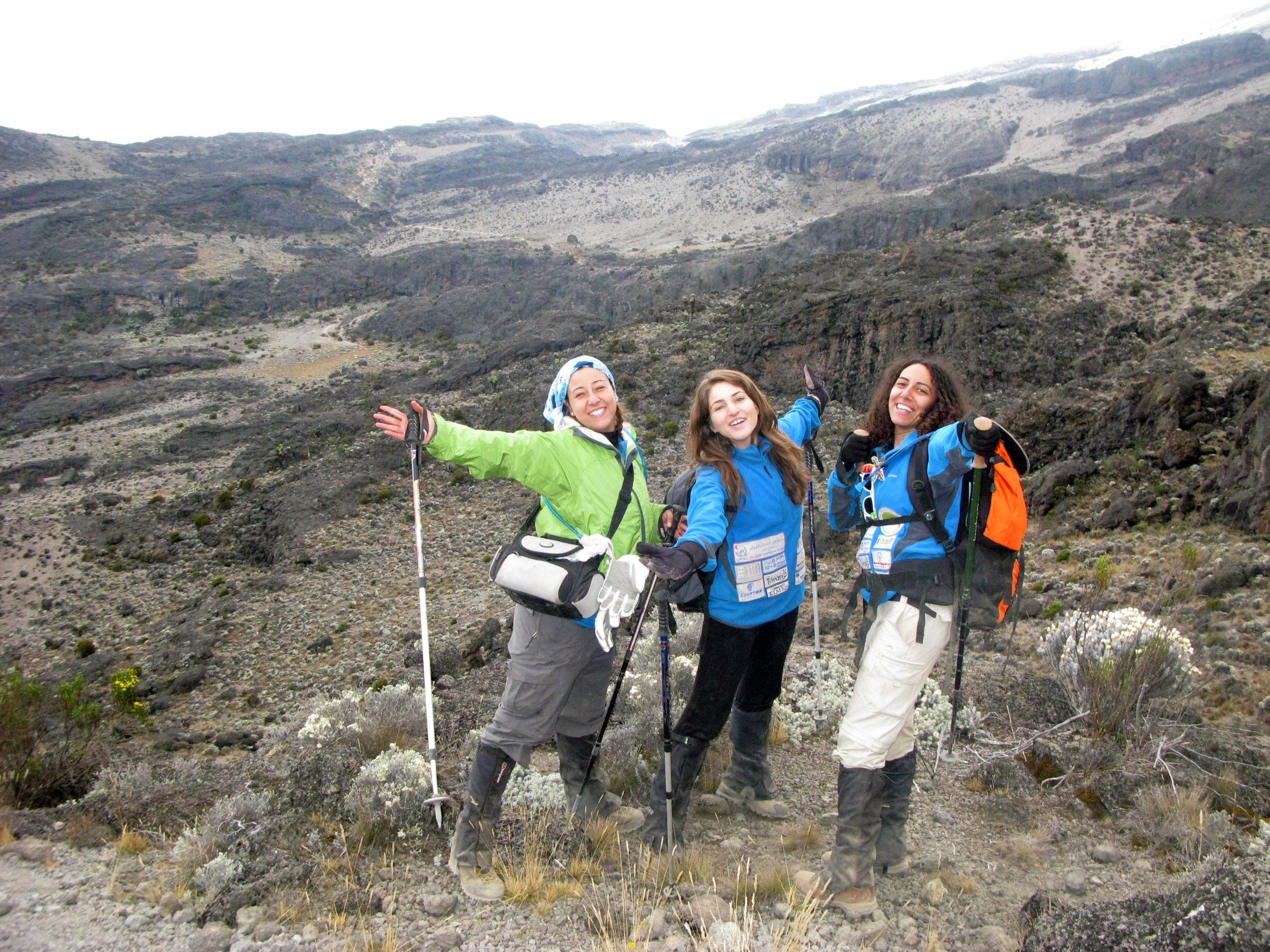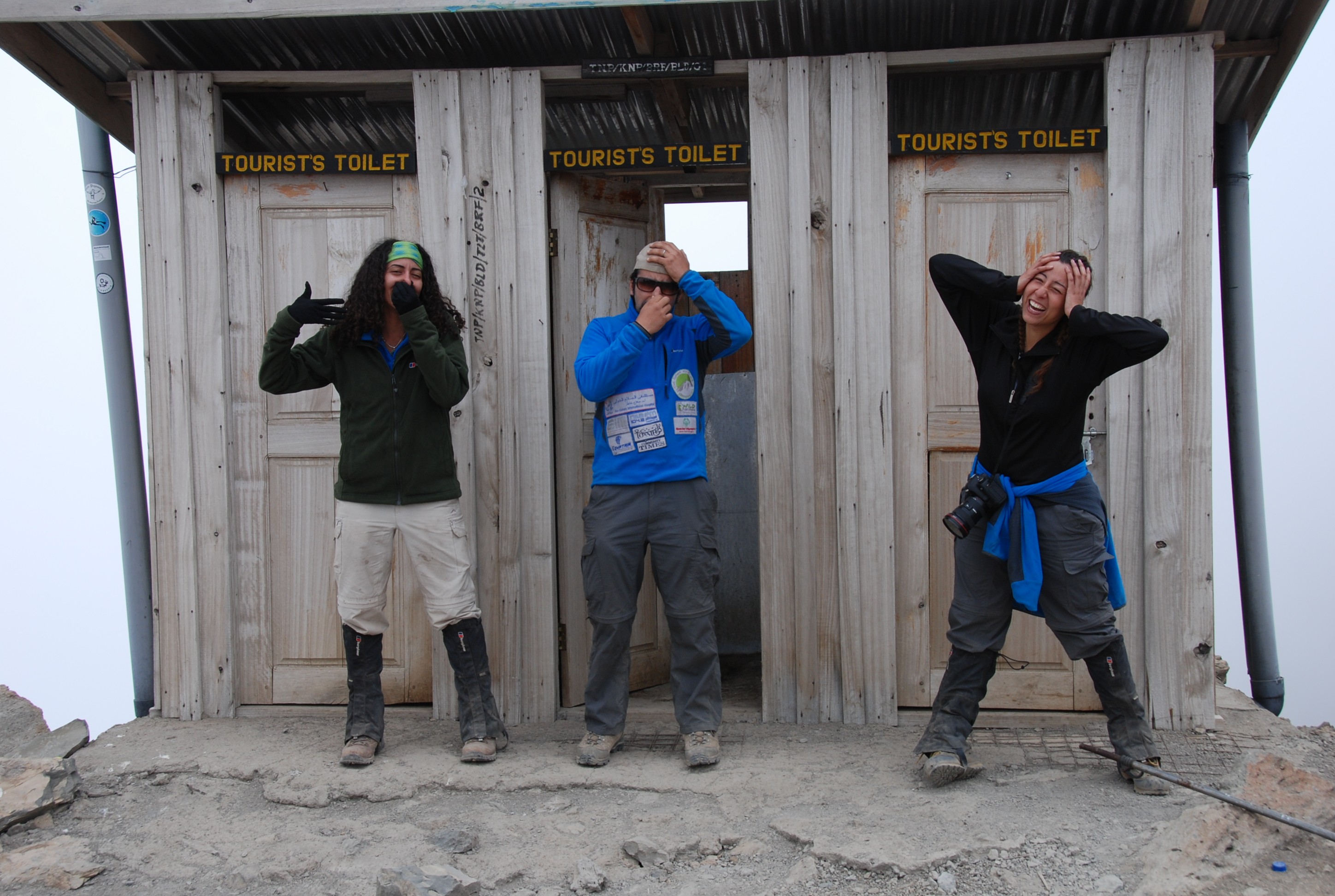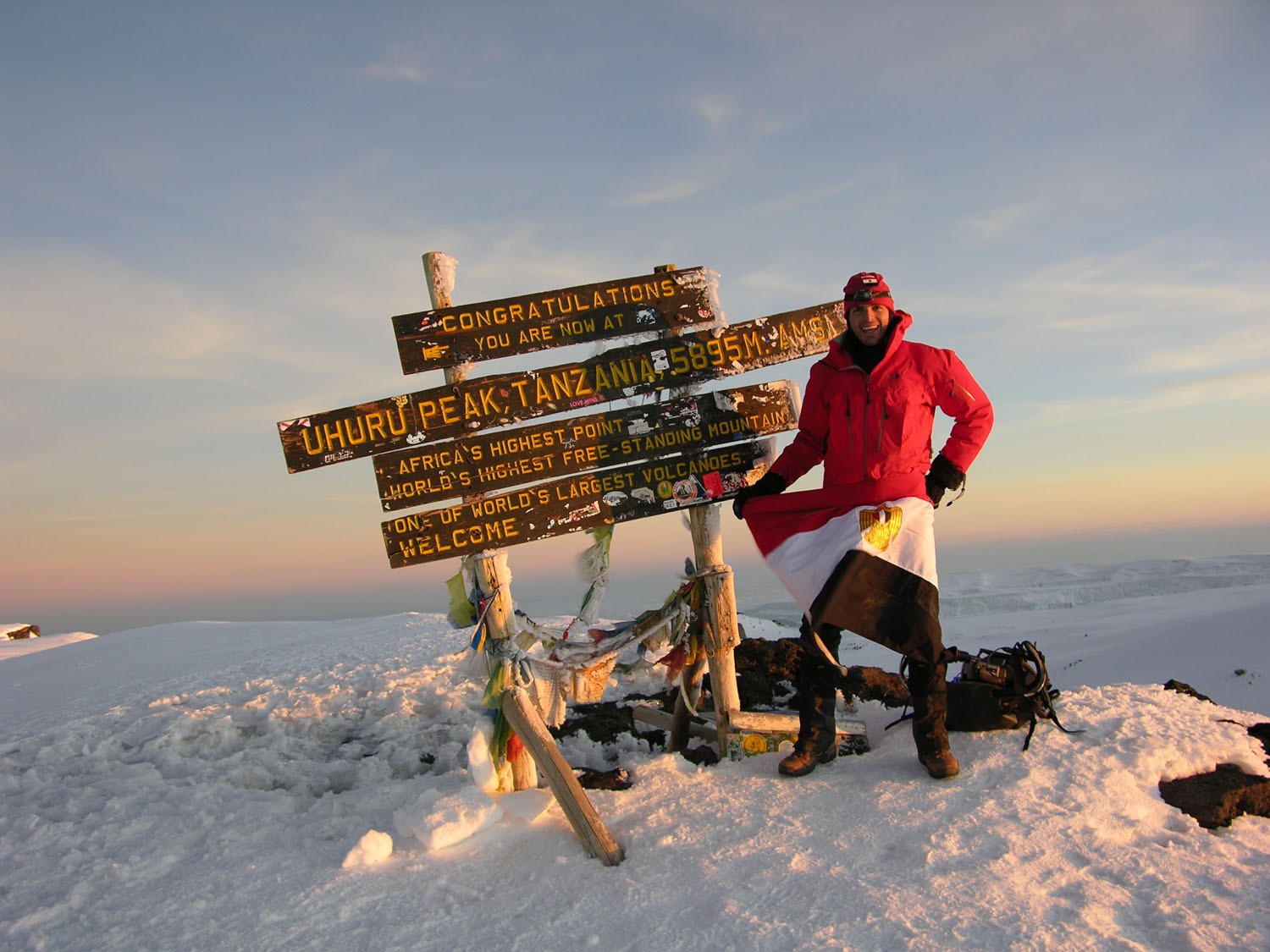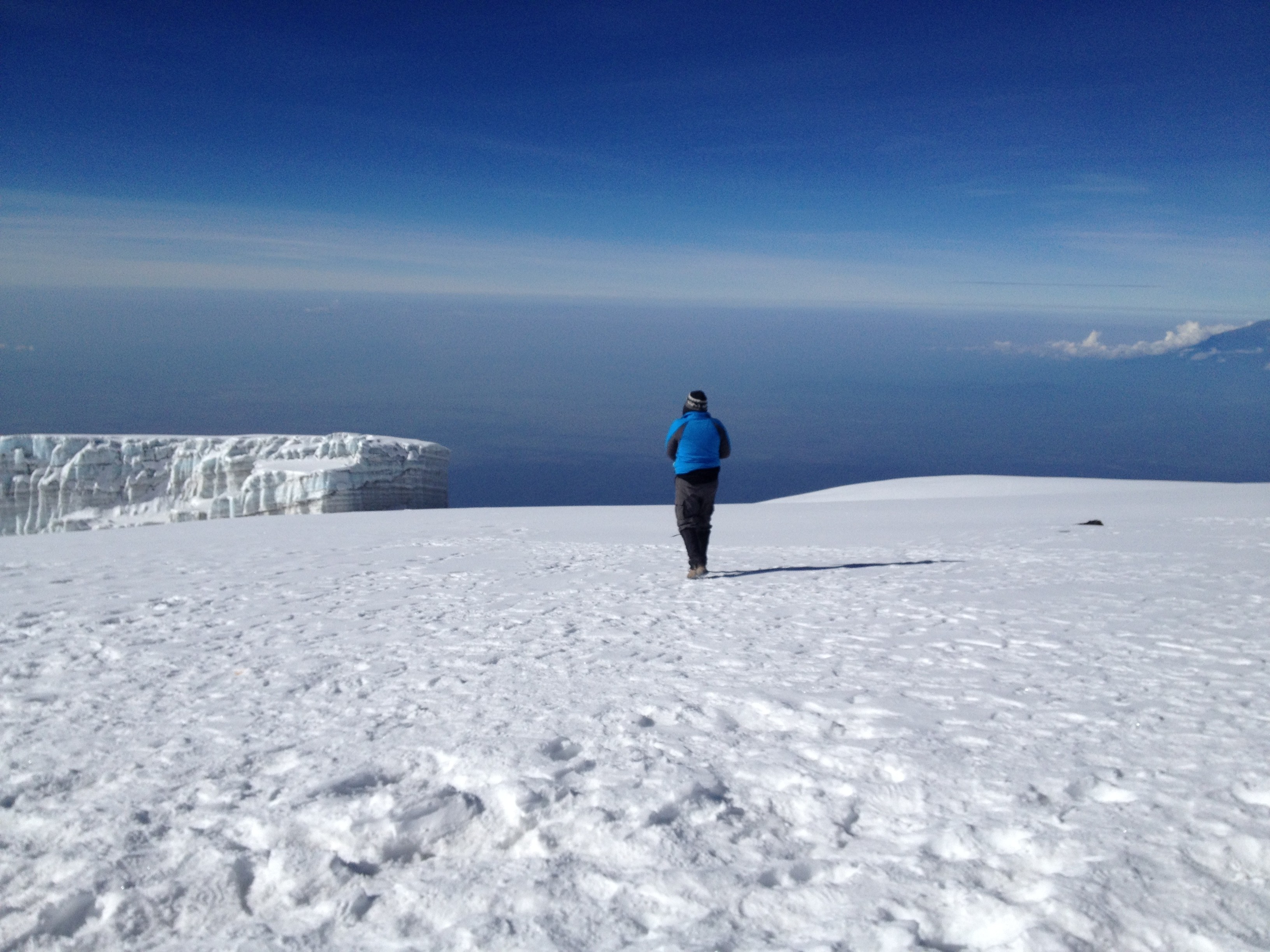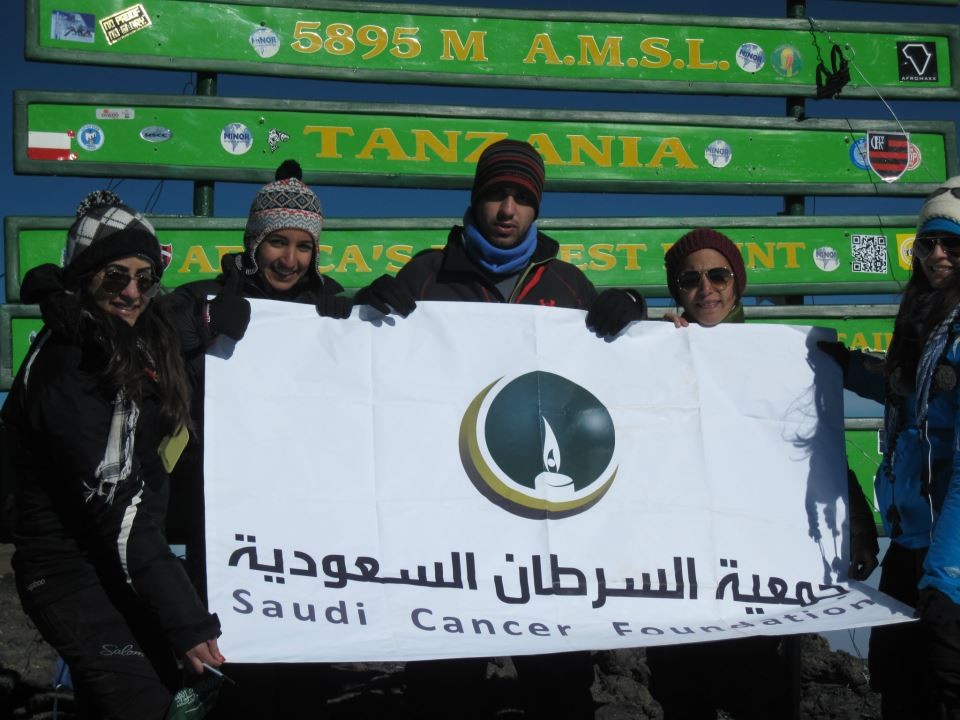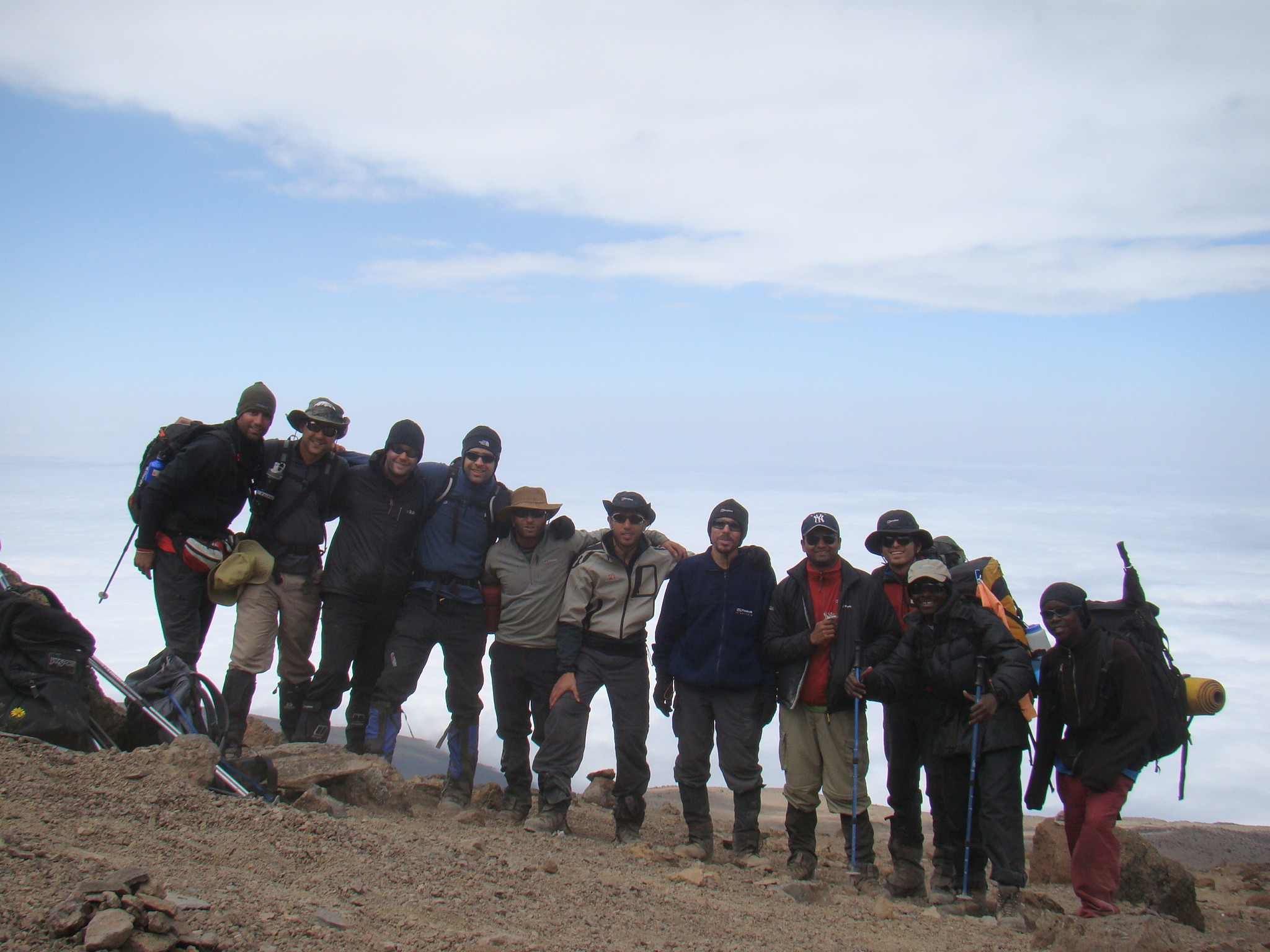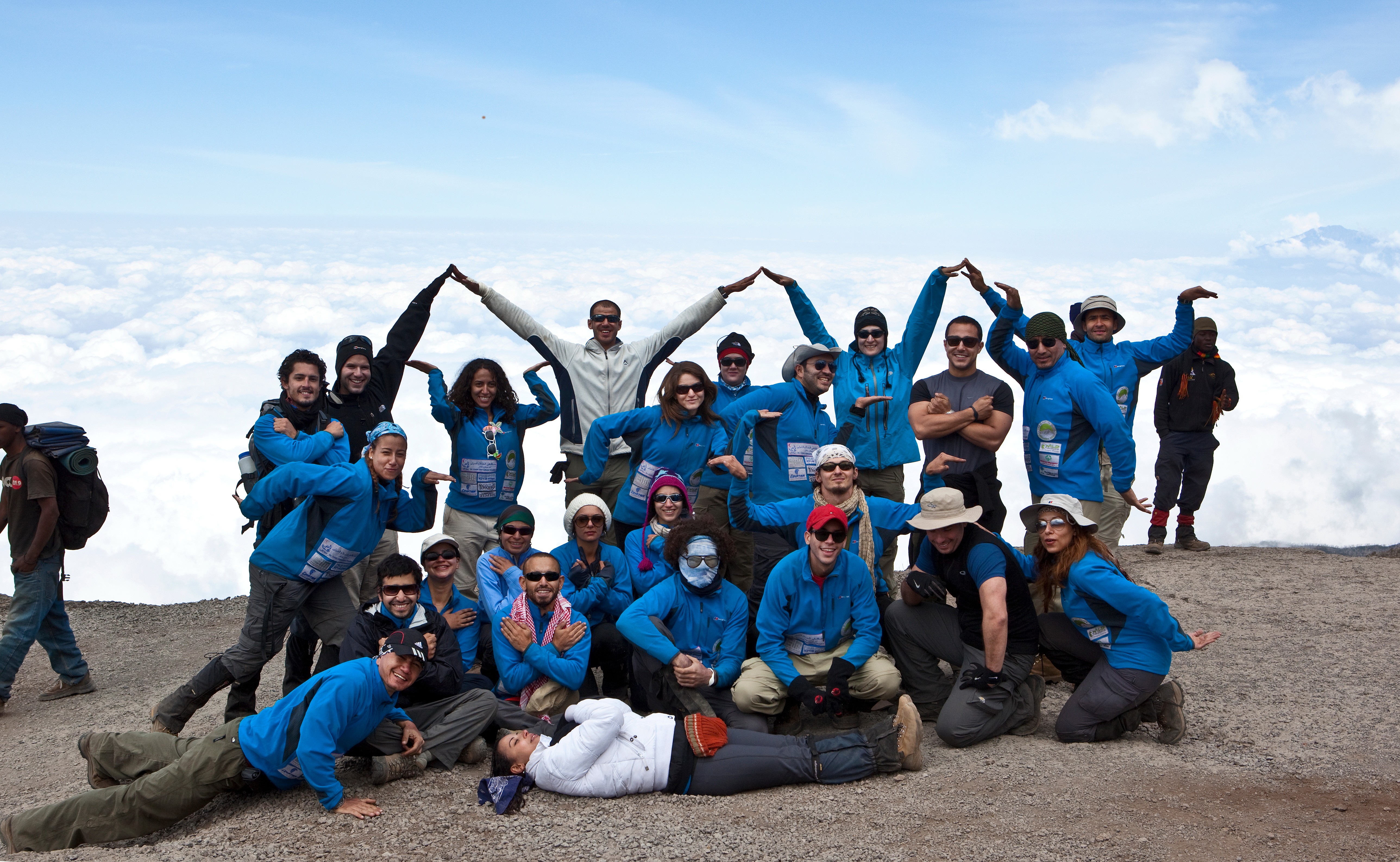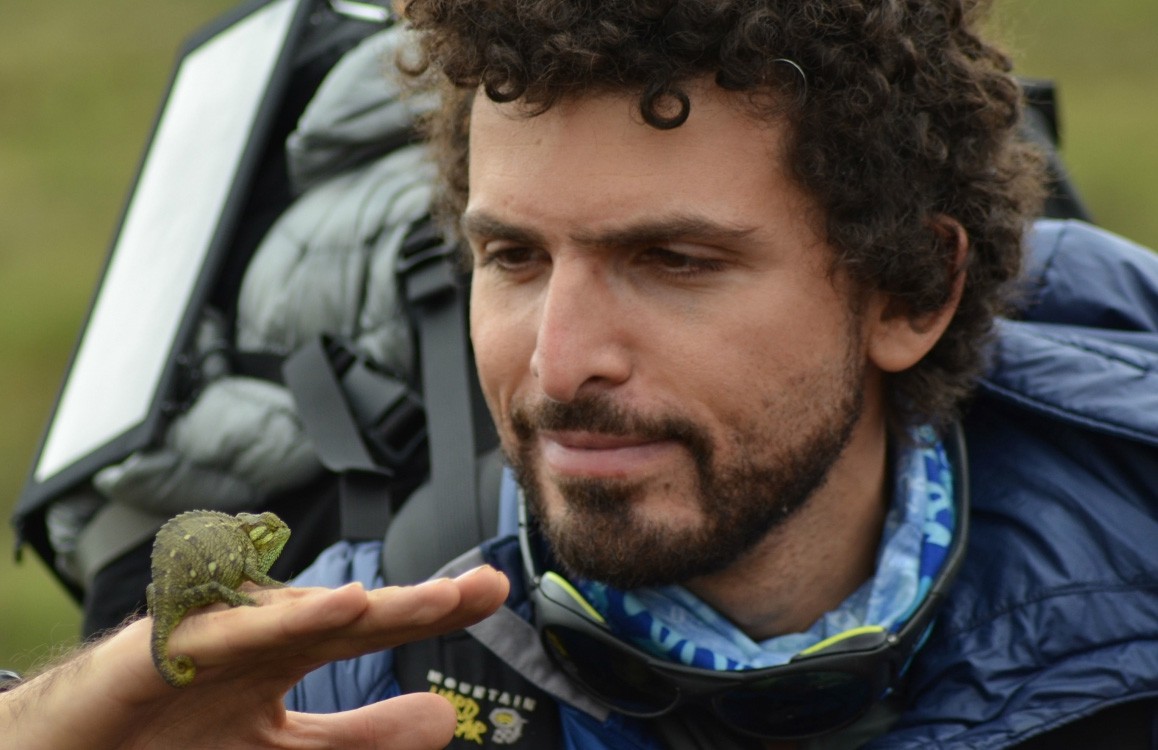Who is this for
At an altitude that ranges from 1750 to 5895 meters, this journey is perfect for first-time trekkers and experienced climbers alike. Climbing Mount Kilimanjaro does not require previous experience. In fact, it is quite often the mountain that many choose to start with. The biggest challenge is not your level of fitness, it is the possibility of altitude sickness. Having said that, this can largely be avoided by adhering to specific guidelines we recommend like walking at a gentle pace, drinking plenty of water, good nutrition and sleep. As we mentioned, your fitness level doesn’t affect your body’s ability to acclimatize; very fit people can experience difficulties, while people who have never hiked before feel fine, and the difference is following the guidelines above. Ultimately, you need to help your body adjust to the altitude through proper rest, hydration, and food.
